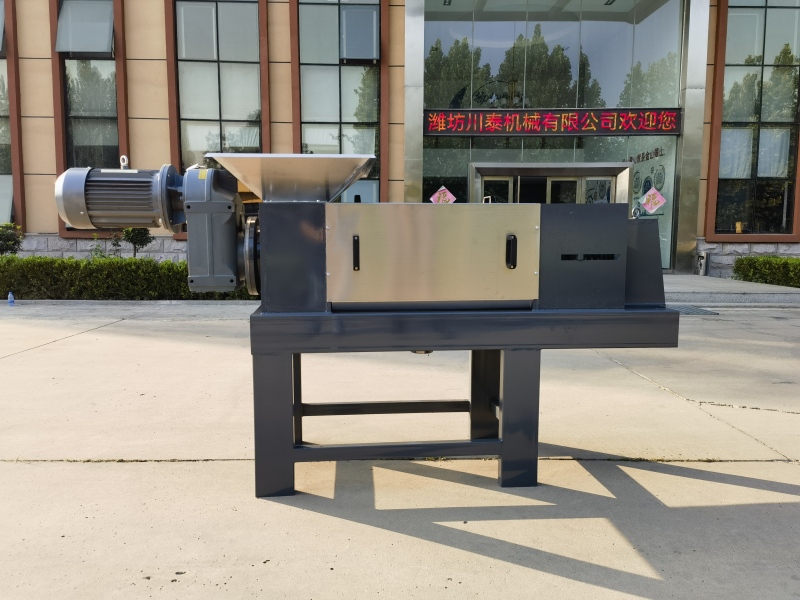
In the pursuit of sustainable energy sources, biomass has emerged as a viable alternative to fossil fuels. Biomass, derived from organic materials such as agricultural residues, wood chips, and organic waste, can be converted into biofuels and other valuable products. However, one of the challenges in biomass processing is the high moisture content present in raw biomass materials. Excessive moisture hampers the efficiency of biomass conversion processes and transportation. Biomass dewatering machines play a crucial role in addressing this challenge by efficiently reducing the moisture content of biomass materials, making them suitable for various applications.
Benefits of Biomass Dewatering Machines
Improved Energy Efficiency: Biomass dewatering machines significantly enhance the efficiency of biomass-to-energy conversion processes. By removing excess moisture, the energy content of the biomass is concentrated, leading to more efficient combustion or conversion into biofuels.
Enhanced Storage and Transportation: Dewatered biomass is easier and cheaper to store and transport. Lower moisture content reduces the weight and volume of biomass materials, decreasing transportation costs and minimizing environmental impact.
Increased Biomass Utilization: Dewatering enables the utilization of a wider range of biomass feedstocks. Materials with high moisture content that were previously unsuitable for energy production can now be effectively processed, expanding the biomass resource base.
Environmental Sustainability: By promoting the use of biomass as a renewable energy source, dewatering machines contribute to reducing greenhouse gas emissions and mitigating climate change. Biomass is carbon-neutral, as the carbon dioxide released during combustion is offset by the carbon dioxide absorbed during the growth of biomass feedstocks.
Types of Biomass Dewatering Machines
Screw Press Dewatering Machines: These machines use a rotating screw to apply pressure and squeeze out moisture from biomass materials. They are suitable for various biomass types and are cost-effective for small to medium-scale applications.
Belt Press Dewatering Machines: Belt presses utilize a series of belts and rollers to press and drain moisture from biomass. They are efficient for large-scale operations and can handle high volumes of biomass materials.
Centrifugal Dewatering Machines: Centrifuges separate water from biomass through the application of centrifugal force. They are highly effective in dewatering fine biomass particles and are often used in industries with stringent moisture content requirements.
Conclusion
Biomass dewatering machines play a pivotal role in the sustainable utilization of biomass resources for energy production. By reducing moisture content, these machines enhance the efficiency of biomass conversion processes, promote environmental sustainability, and support the transition towards a greener energy future. Continued research and development in biomass dewatering technologies will further improve their effectiveness, making biomass a more accessible and reliable source of renewable energy.




If your company wants to establish a business relationship with us, please briefly describe the cooperation intention and send an email to:chuantaiscrewpress@gmail.com























































































![[list:title]](/static/upload/image/20240528/1716877114510915.jpg)